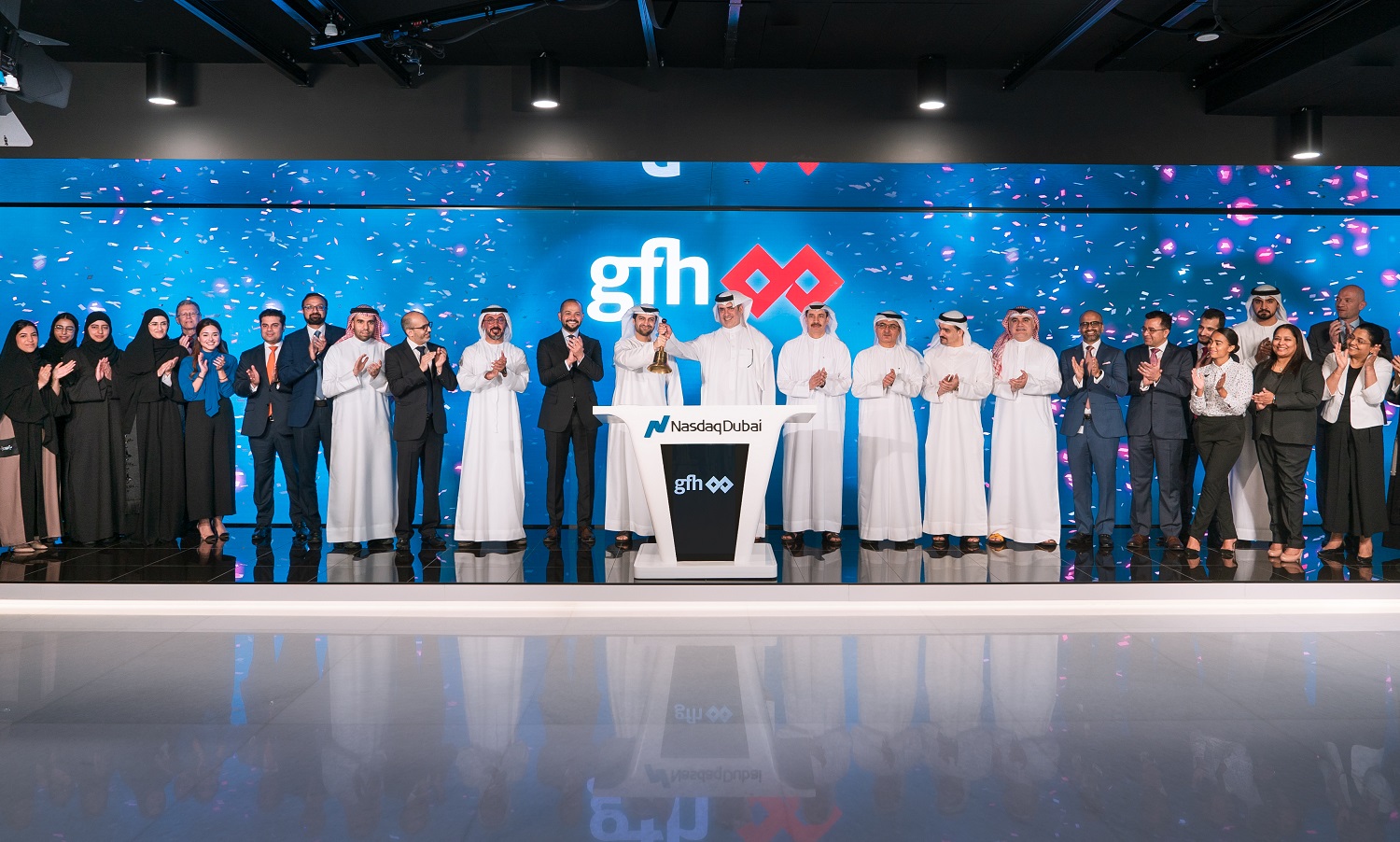
Leading the team is Abu Dhabi Islamic Bank, which has been designated as the sole lead manager. Other notable banks involved include Kuwait Finance House and Emirates NBD Capital, among others. This collaborative effort underscores the growing importance of sukuk as a viable financing option within the region's capital markets. GFH's sukuk offering is anticipated to bolster its financial standing while providing investors with Sharia-compliant investment opportunities.
Sukuk, often referred to as Islamic bonds, have gained traction as an alternative to traditional debt instruments, appealing particularly to investors seeking compliance with Islamic finance principles. GFH's move to issue sukuk aligns with broader market trends, where there has been a noticeable increase in demand for Islamic financial products, driven by a growing base of investors focused on ethical investment practices.
The sukuk will allow GFH to leverage its robust portfolio across various sectors, including real estate, healthcare, and education. The firm has been actively engaged in several strategic projects across the Middle East and North Africa (MENA) region, focusing on sectors with significant growth potential. By issuing sukuk, GFH aims to finance these initiatives while providing a competitive return to its investors.
Bahrain’s financial landscape is increasingly characterized by the expansion of Islamic finance, with sukuk issuances playing a crucial role in capital mobilization. According to market reports, the sukuk market has shown resilience, even amid global economic fluctuations, as investors look for stable and secure investment avenues. GFH's forthcoming sukuk is expected to attract substantial interest, particularly given the solid reputation of the institutions involved in its management.
This development is particularly noteworthy considering the backdrop of increased regulatory support for the Islamic finance sector in Bahrain. The Central Bank of Bahrain has implemented several initiatives aimed at enhancing the transparency and attractiveness of the sukuk market. Such measures are designed to bolster investor confidence and encourage further participation in the Islamic finance ecosystem.
GFH’s decision to tap into the sukuk market reflects its proactive approach to capital management. By diversifying its funding sources, GFH aims to mitigate potential financial risks associated with reliance on traditional banking channels. The sukuk issuance is part of GFH’s broader strategy to maintain liquidity and foster growth through innovative financing solutions.
Market analysts have indicated that GFH's sukuk could serve as a benchmark for future issuances within the region. The involvement of reputable banks as lead managers is expected to enhance the offering’s credibility and appeal. Furthermore, the anticipated competitive pricing of the sukuk will likely attract a diverse range of investors, from institutional to retail.
GFH has demonstrated resilience in its financial performance, consistently delivering value to its stakeholders. The firm has adopted a strategic focus on expanding its asset management capabilities, with a particular emphasis on sustainable investments. The sukuk issuance is aligned with GFH’s commitment to maintaining a balanced approach to growth and risk management.
As Bahrain continues to position itself as a hub for Islamic finance, the successful execution of GFH's sukuk could pave the way for similar initiatives by other financial institutions in the region. The increasing prevalence of sukuk offerings is indicative of a shifting landscape where ethical investment principles take center stage, providing a viable alternative to conventional financing methods.
With the global Islamic finance market projected to grow significantly in the coming years, GFH's upcoming sukuk is strategically timed to capture the interest of a growing pool of investors. As sustainability and ethical investment practices become more prominent in investment decision-making, GFH’s sukuk is likely to resonate with investors seeking to align their portfolios with their values.
The demand for Sharia-compliant financial products is set to rise, driven by an increase in awareness of Islamic finance principles and a more significant emphasis on ethical investing. This trend is evident not only in the MENA region but also globally, as investors from diverse backgrounds seek alternatives that align with their ethical considerations.
Topics
Gcc
